
Certain types of means of payment now seem indispensable for full participation in socioeconomic activity, yet they’re not necessarily available to everyone.
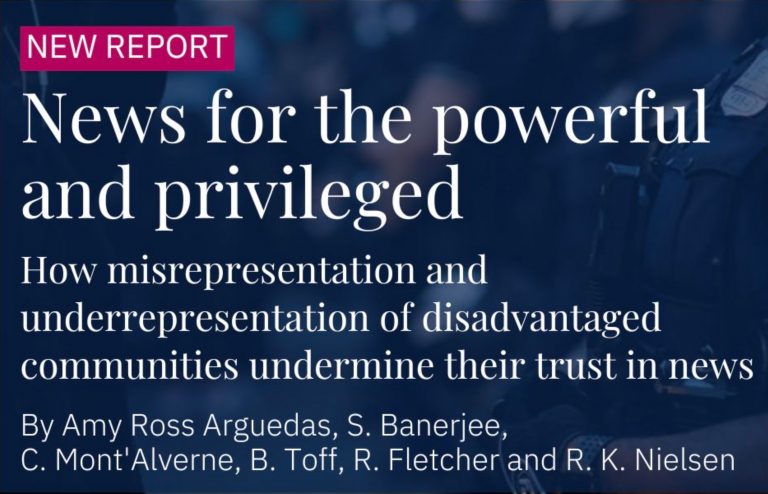
Why do disadvantaged communities distrust the news? And what can newsrooms do about it? These are the questions at the heart of a new report by the Reuters Institute Trust in News Project.

What exactly is “smartness,” and how and why has it come to be not only a desirable goal, but something that must be implemented everywhere?
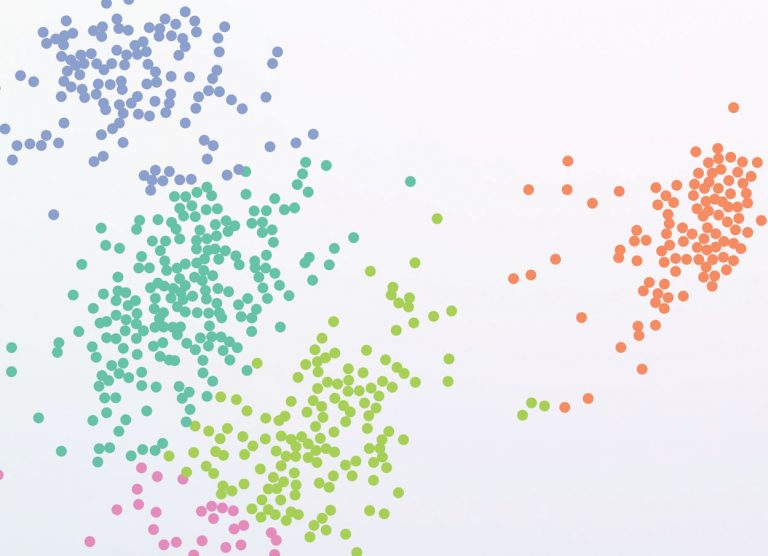
In this book meet the people who design the algorithms that capture our musical tastes.

This study has collated evidence which on balance indicates a strong case to reform digital advertising. It indicates that the status quo is unsustainable for individuals, publishers and advertisers.
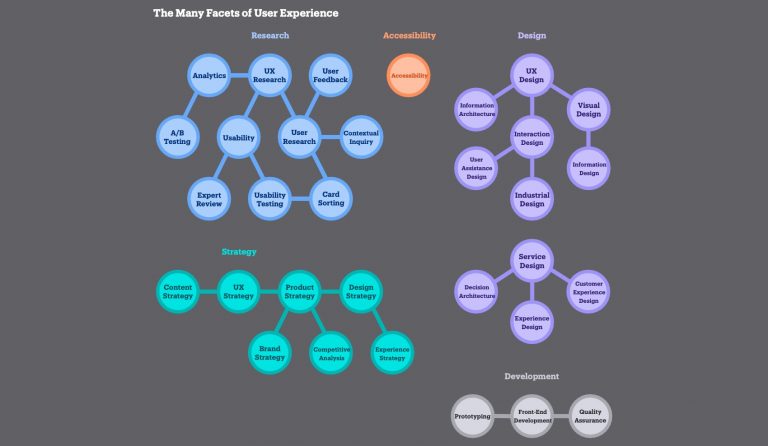
UXMatters devoted two articles to the business value of user experience: one by Irwin Hau (Chromatix, Australia) on why companies reject it, and one by Irfan Rehman (Clickysoft, USA) on the benefits of user experience consulting for businesses.

Today, it is of utmost relevance to study people’s attitudes, motives, and behaviours in relation to the fact that we live in a culture of surveillance. This includes the need for cultural and ethical perspectives to understand and nuance contemporary discussions on surveillance, not least in the highly digitalised context of the Nordic countries.

This UNDP guide provides step-by-step guidance, practical tools, and hands-on experiences on the process of Deep Listening, including systems mapping, rapid ethnographic research, sensemaking and analysis.
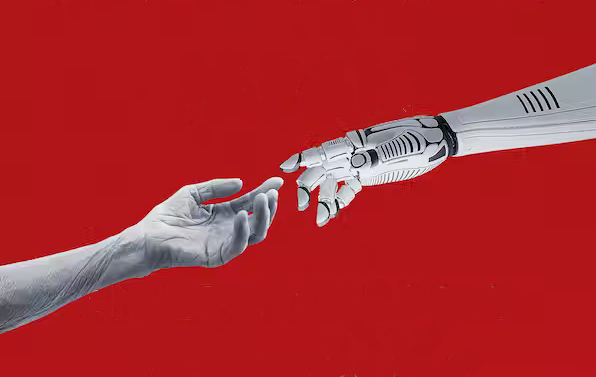
Robots Won't Save Japan addresses the Japanese government's efforts to develop care robots in response to the challenges of an aging population, rising demand for eldercare, and a critical shortage of care workers.
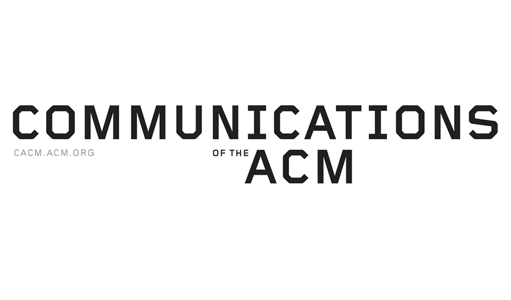
A new area called "human-centered machine learning" (HCML) promises to balance technological possibilities with human needs and values. However, there are no unifying guidelines on what "human-centered" means, nor how HCML research and practice should be conducted.
This article by Stevie Chancellor in Communications of the ACM draws on the interdisciplinary history of human-centered thinking, HCI, AI, and science and technology studies to propose best practices for HCML.

In this white paper (published on 15 February 2023) Demos Helsinki explores how we can rewrite the terms and conditions of our digital futures. Directed at policymakers, practitioners, researchers, industry leaders, and engaged citizens, the paper concludes with four sets of interventions that build a fair, sustainable, and joyful digital society.

Two articles in the last few days took on the world of consulting. Rebecca Ackermann in the MIT Technology Review wrote on how the shine of design thinking has worn off, while Henry Mance interviewed Mariana Mazzucato in the Financial Times on her new book The Big Con, where she lambasts business consultancies for having no expertise in the areas that they’re advising in.

The latest annual research from Ericsson ConsumerLab (January 2023) outlines consumers’ concerns, expectations and personal technology actions related to climate issues in 2030.

This report by the IndustryLab of Ericsson, the Swedish multinational, aims to introduce the ethics of AI and explore how this fast-growing technology needs to align with humans’ moral and ethical principles if it is to be embraced by society at large.
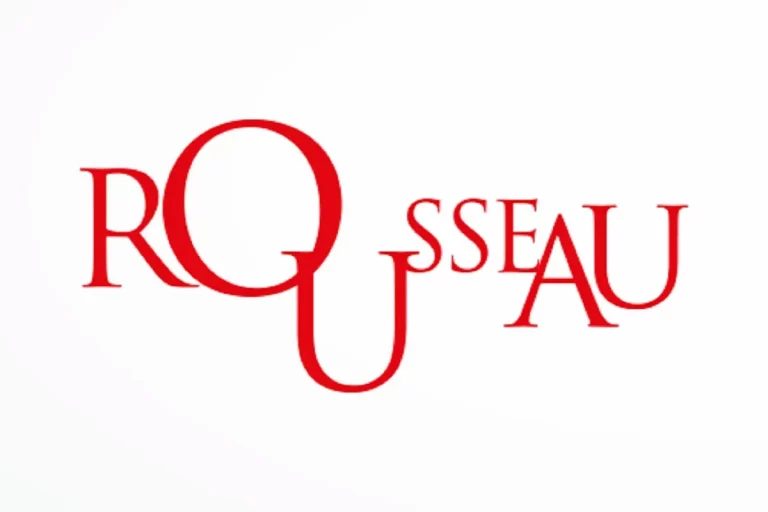
The online voting platform that was used by Italy's Five Star Movement to select the candidates for the 2013 parliamentary elections didn't take account of human decision heuristics and cognitive shortcuts, research shows.
Candidates were more likely to attract votes if they appeared towards the top of the screen and if they appeared more likeable from the self-uploaded picture.

Six reports on behavioural change and energy use: potential impact, obstacles, the role of policy makers, and how to best communicate to citizens.
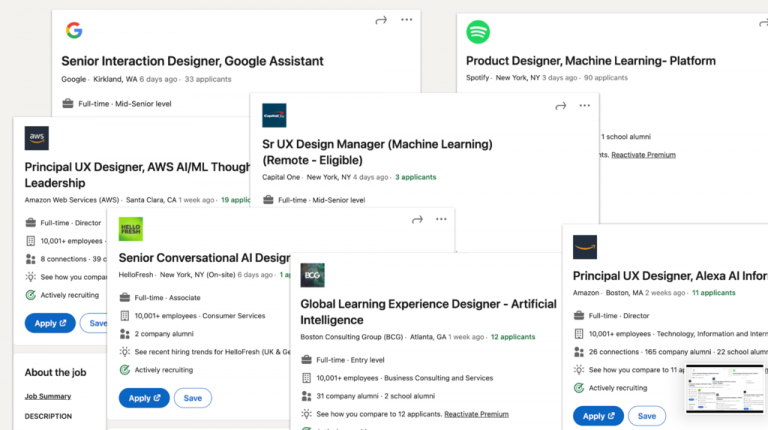
Hal Wuertz, Adam Cutler and Milena Pribic of IBM Design defined a unique set of five skills for “AI Design.”

Cornelius Rachieru describes the current trend of extreme commoditisation of UX design in corporate environments, and the consequences this has on the quality of the design delivery, and on the designers themselves.
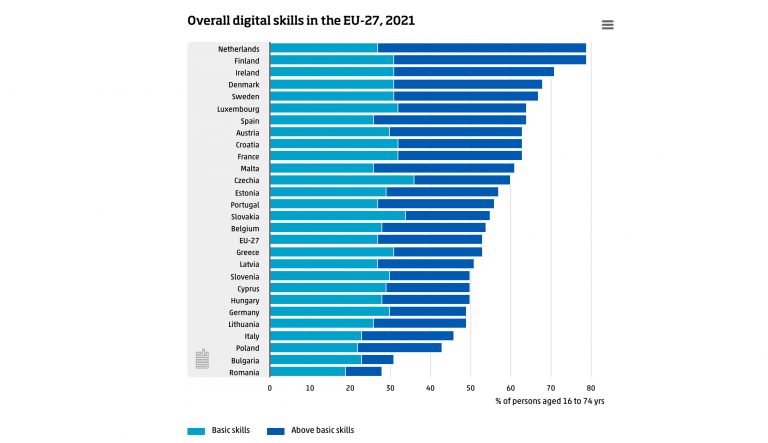
Dutch and European research highlights the struggles of Europeans (incl. the Dutch) in accessing financial services in an increasingly digital society. A new Italian initiative, the Polis Project, seeks to do something about it.
But, besides the fairly low 54 percent EU average, a new study by the Dutch National Bank (reported on yesterday by De Volkskrant, a Dutch daily newspaper) highlights how the Dutch 80% number camouflages the real difficulties many Dutch have with financial services in an increasingly digital society.
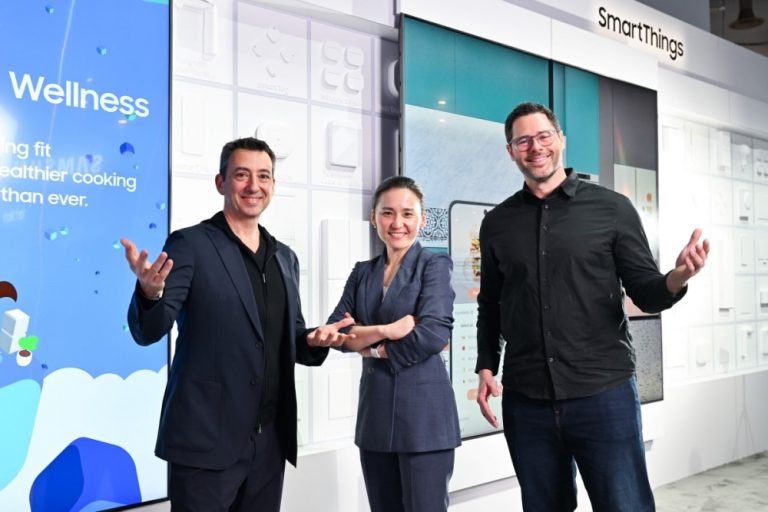
Samsung US newsroom published an interview with Federico Casalegno, Executive Vice President of Design and Head of Samsung Design Innovation Center; Mark Benson, Head of Samsung SmartThings U.S.; and Inhee Chung, Vice President of the Corporate Sustainability Center to discuss how Samsung’s philosophy of prioritizing more seamless connected experiences is driving the innovation behind its latest products.

“The challenge is that a consumer doesn’t see the true value that manufacturers see in terms of how that data can help them in the long run. So they don’t really care for spending time to just connect it.”
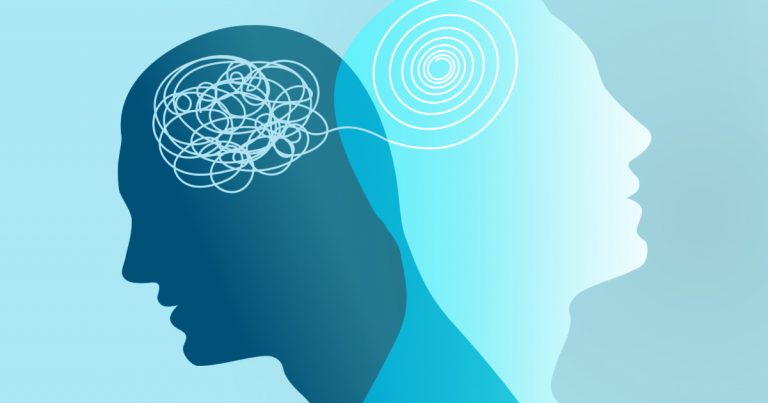
"What’s mine is mine: unpicking the psychological reasons people like to own things" is the title of a highly recommended article by Claire Murphy of the Ellen MacArthur Foundation.

The objective of this guide is to provide a practical, step-by-step outline on how to run a simple BI project.

To live up to its mission of understanding the representational and computational capacities of the human mind, cognitive science needs to broaden the linguistic diversity represented in its participants and researchers.

This book examines emerging automated technologies and systems and the increasingly prominent roles that each plays in our lives and our imagined futures.
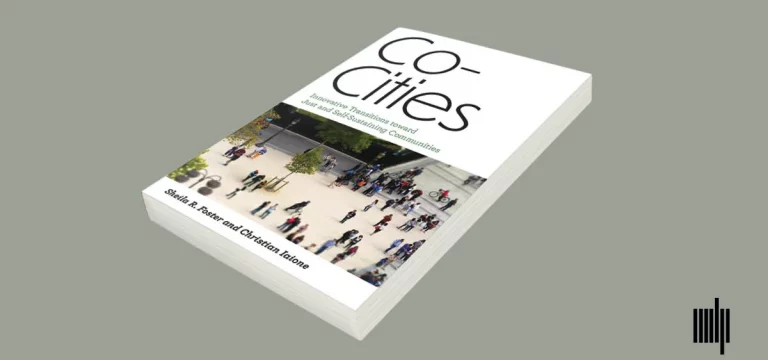
A new model of urban governance, mapping the route to a more equitable management of a city’s infrastructure and services.
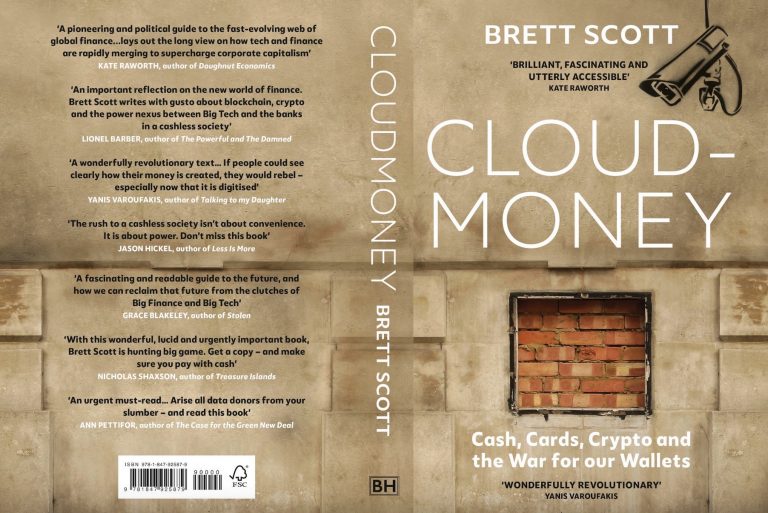
In Cloudmoney, Brett Scott tells an urgent and revelatory story about how the fusion of Big Finance and Big Tech requires “cloudmoney”—digital money underpinned by the banking sector—to replace physical cash.
Book is also available in German, Spanish, Dutch, Italian, Portuguese & Korean
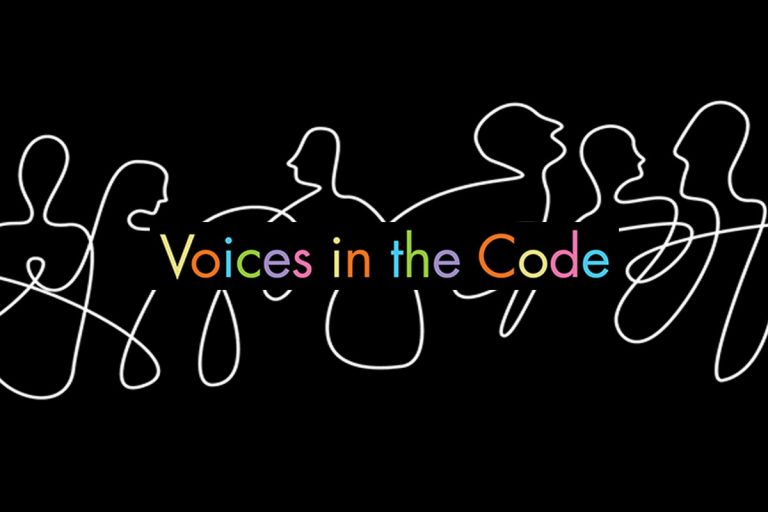
In Voices in the Code, scholar David G. Robinson tells the story of how one community built a life-and-death algorithm in a relatively inclusive, accountable way, and draws out lessons for the broader struggle to build technology in a democratic way.

PepsiCo’s award-winning chief design officer reveals the secret to creating life-changing innovations: putting human needs at the center of any design process.
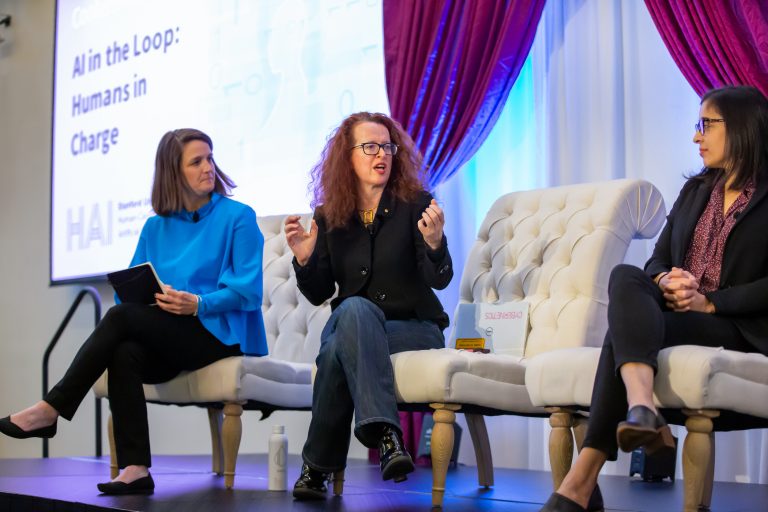
At the "AI in the Loop: Humans in Charge" conference, which took place Nov. 15 at Stanford University, panelists proposed a new definition of human-centered AI – one that emphasizes the need for systems that improve human life and challenges problematic incentives that currently drive the creation of AI tools.

Leroy Merlin is a French-headquartered home improvement and gardening retailer. Its Leroy Merlin Source (LMS) platform aims to create and share original knowledge on new ways of living and inhabiting spaces by expert researchers, professionals and stakeholders.
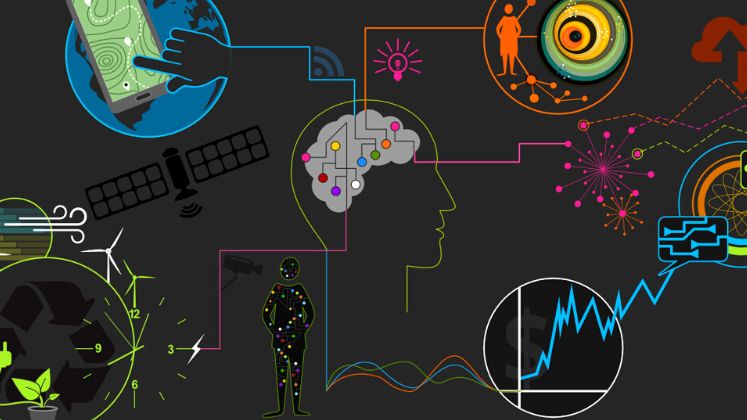
The collection and analysis of data about us now occurs across many aspects of everyday life, but how do people come to understand these complex processes? Drawing on Living With Data research, Susan Oman, Hannah Ditchfield and Helen Kennedy show that people’s understandings of data uses are based on past experiences and predictions about the future.
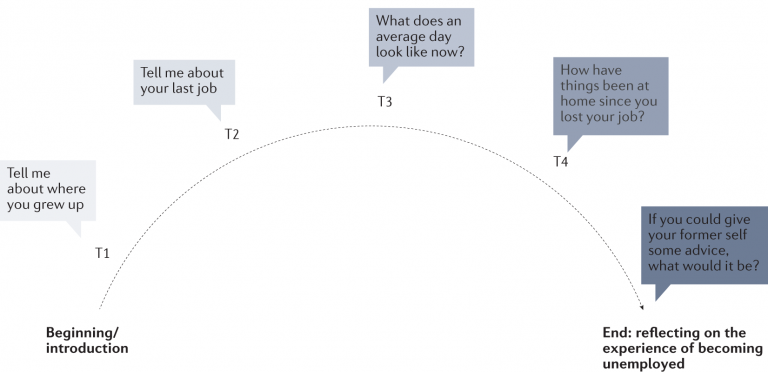
In this Nature Reviews Method Primer, Eleanor Knott, Aliya Hamid Rao, Kate Summers & Chana Teeger off the London School of Economics focus on the stages and challenges of designing and conducting an interview project and analysing data from it, as well as strategies to overcome such challenges.

Data centers are destroying the natural world, writes anthropologist Steven Gonzalez Monserrate in Wired. But is the cloud an inherently unsustainable paradigm? He foresees three possible pathways for remaking the cloud into something more sustainable for future generations.
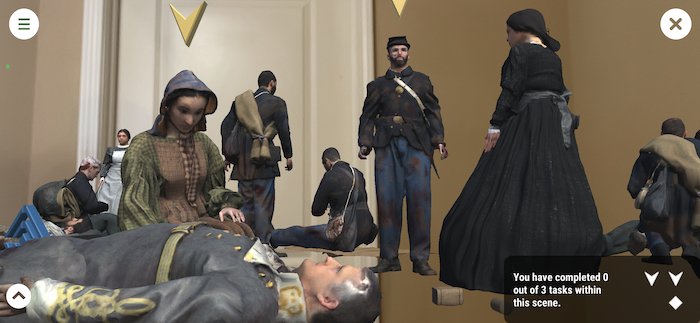
AR features in mobile apps are plagued by usability issues such as poor discoverability and findability of items with AR, low-visibility instructions, or vague icons and signifiers.
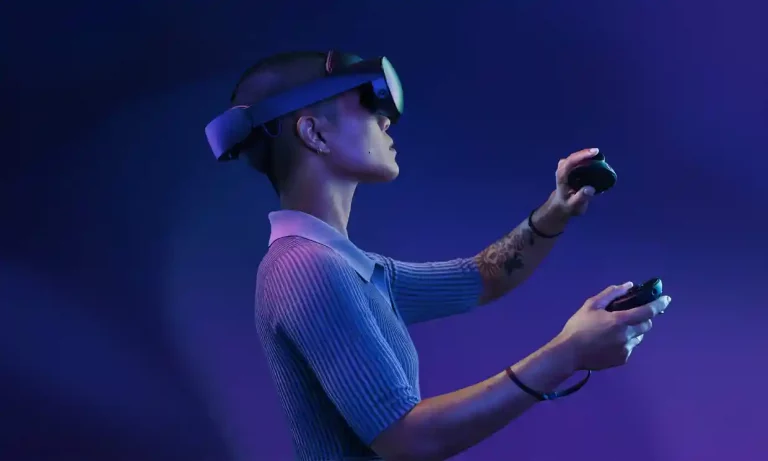
The metaverse will be a digital graveyard if we let new technologies distract us from today’s problems
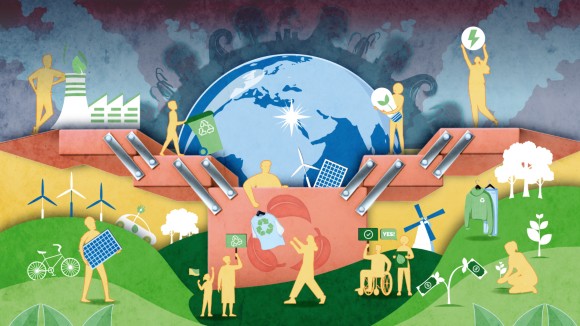
This Focus of Nature Magazine, a collaboration between Nature Human Behaviour and Nature Climate Change, features a broad range of Review and Opinion content on the role of human behaviour in adaption to climate change and mitigation of its negative consequences.

Political and Social Conflicts in Participatory Design Thinking

These are guidelines for any individual or organisation interested in designing, planning, and implementing a citizen participation process. The guidelines walk the reader through ten practical steps, and detail eight different methods that can be used to involve citizens in policy making. This publication is illustrated with good practice examples.
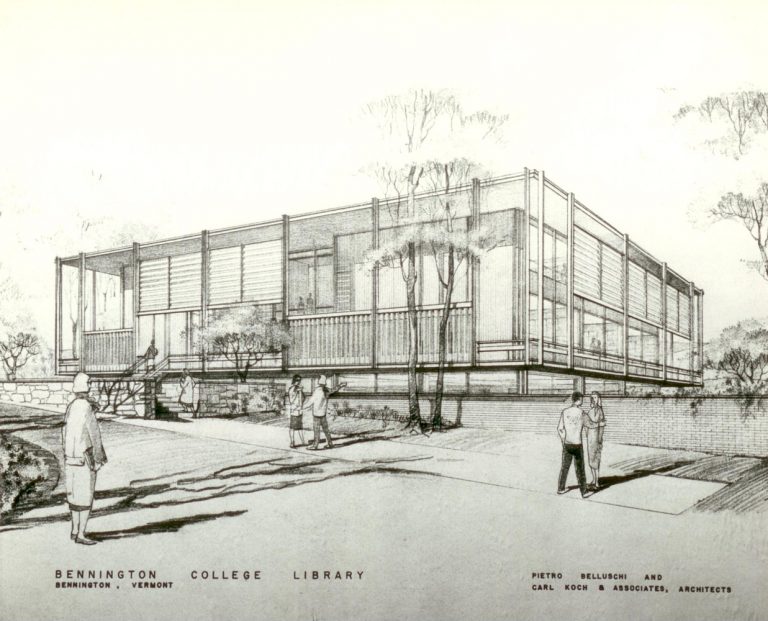
Approaching architectural design with a UX designer’s mindset ensures a more holistic approach to designing the experience of using a building. From the outset, a stronger understanding of the user enables human behavior to dictate the design to a greater degree.








































